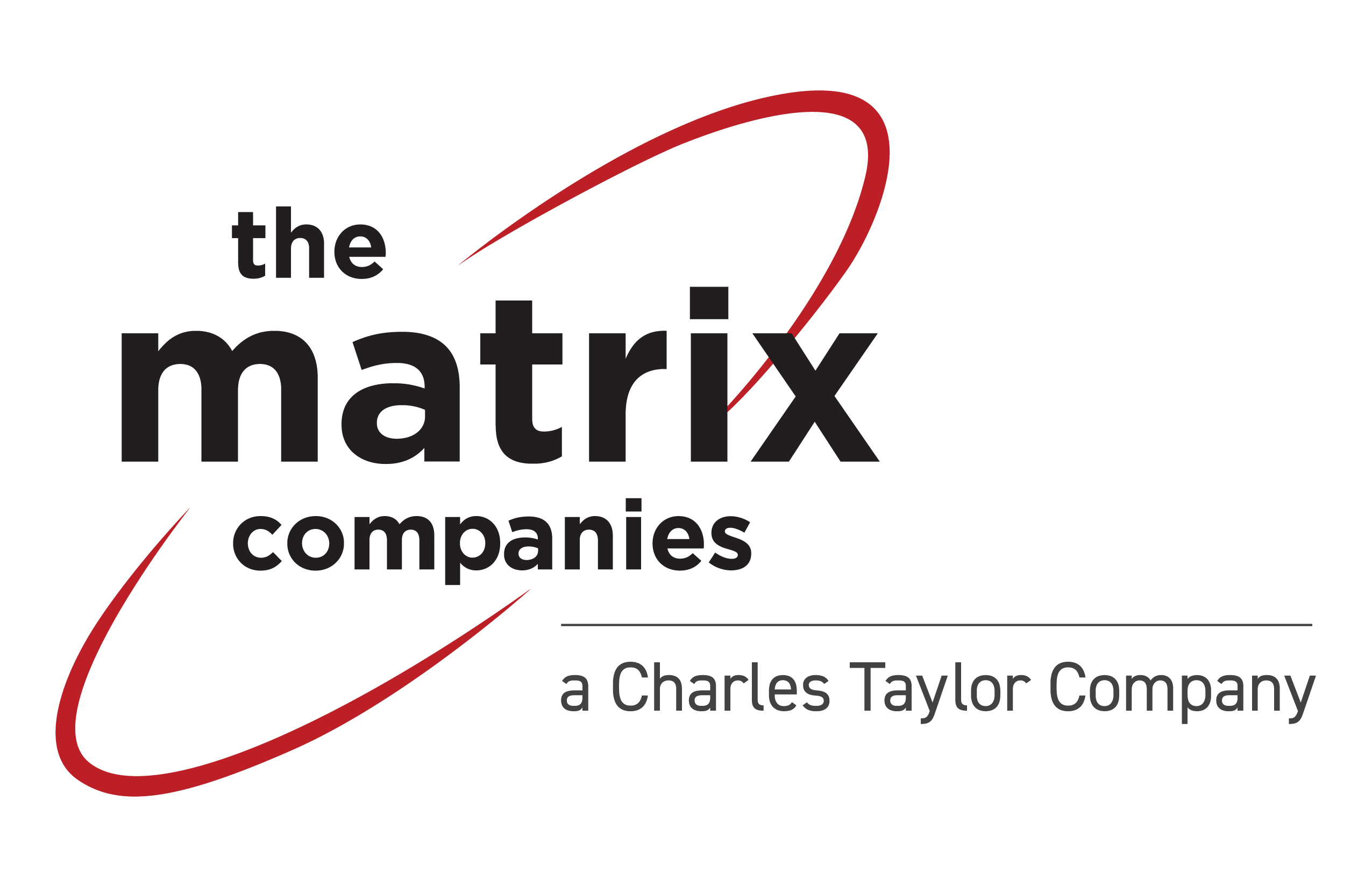Newsroom
Are you ready for an Unemployment Tax Audit?
Your company has been selected by the state to have your unemployment tax audited. You probably have tons of questions: Why me? What documentation do I need? What can I expect?
There are many reasons the state audits employers. The first and most prominent reason is that the U.S. Department of Labor requires state agencies to randomly audit a percentage of employers every year. It’s just the luck of the draw.
The next reason is there might be a discrepancy in wage reporting from your Federal Unemployment Tax (FUTA) reported against what you reported on your State Unemployment Tax (SUTA.) This discrepancy might raise a red flag to the state.
The third issue that could trigger an audit is the misclassification of workers. Employers misclassify one or more workers as independent or contract labor trying to avoid their share of UI contributions.
And the fourth problem which can also cause an audit is if you have multiple state unemployment accounts and you have shuffled payroll from one account with a higher UI tax rate to another account with a lower UI tax rate. The state may look at this as a form of “SUTA dumping” where you are avoiding a higher tax rate by moving employees to a lower tax rate account.
I’m being audited, now what?
When you receive a notification for an unemployment tax audit, you should contact the auditor to confirm the appointment, confirm the records being requested, and confirm what the audit is about. The notice will give you the date, time, and place of the audit. It also specifies the period of time the audit will cover. An audit can be for one calendar year or can go as far back as four years. The notification will also indicate what business records you must provide the auditor. This can include payroll records, W-2 forms, 1099s, IRS forms, state tax forms, and general records like a check journal, invoices and canceled checks.
When the audit is completed, they will review the results with you. They may find that you owe additional taxes and interest throughout the years they have reviewed. On the other hand, they may find an overpayment that can be refunded to you. If you do not agree with the audit findings, you should file a written appeal right away. The Notice of Employer’s Liability and Contribution Rate contains the deadline for filing your appeal.
If you have a third-party administrator for unemployment, you should have them work with the state on your behalf throughout the audit to verify the findings and see what can be done to minimize the cost and interest that may be owed.
If you have any questions about this information or about how Matrix Unemployment Cost Management can help your company reduce your unemployment claims and costs, contact Ken Kruse at 513.351.1222 or via email kkruse@matrixtpa.com
